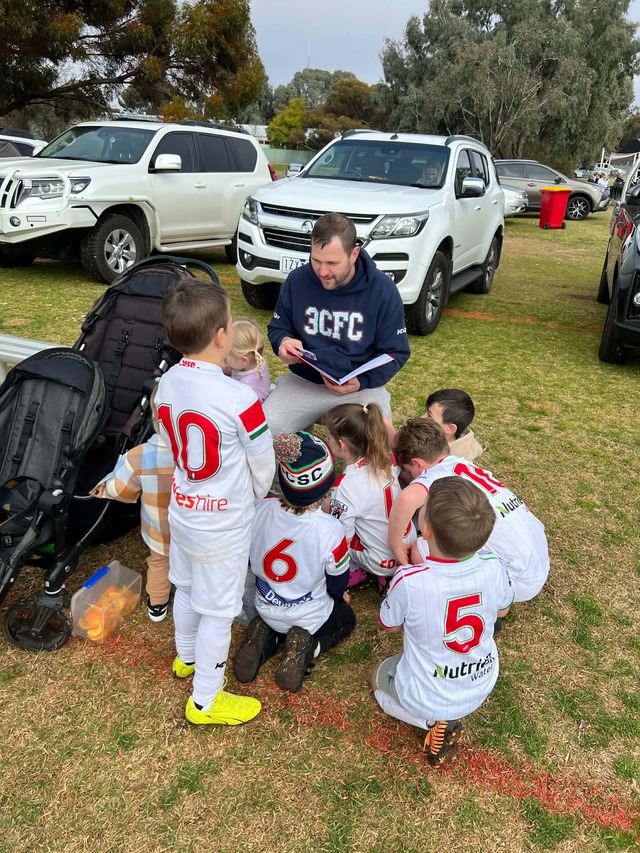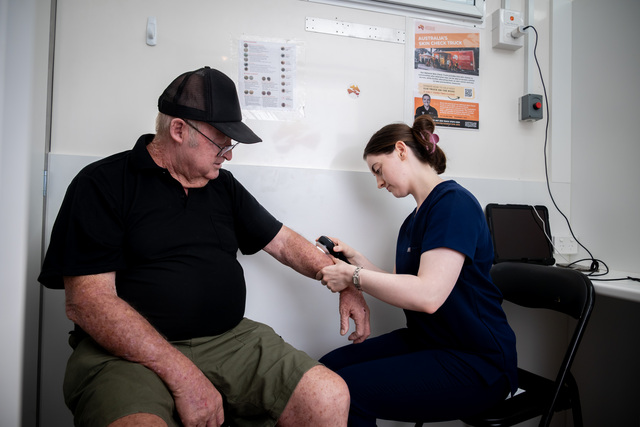CHRISTMAS is a big show in my family. And with that comes pressure.
It entails getting around to about five functions in a couple of days, seeing upwards of 80 people, and travelling all sorts of distances with three little kids in the back.
There’s present buying for nephews and nieces, there’s wrapping and unwrapping, packing and unpacking, preparing and transporting food, and then eating way too much of it.
Months of planning goes into executing it all for those couple of days of madness. Weddings are easier to organise.
But as exhausting as it is, I have always considered myself extremely lucky at this time of year.
For many others, Christmas can be particularly rough.
Christmas comes with high expectations of happy families enjoying luxurious celebrations and gifts, but not everyone is able to live up to these ideals.
For those who may have lost a loved one, Christmas can intensify feelings of grief and sadness. Many others experience feelings of isolation, financial pressures or increased family conflict that make the season a very stressful time. In particular, elderly Australians are even more susceptible to feelings of sadness and isolation.
According to the Anxiety Disorders Association of Victoria (ADAV), some people get depressed at Christmas because of the excessive commercialisation of the season. Others get depressed because Christmas appears to be a trigger to engage in excessive self-reflection and a “victim” mentality in comparison to other people.
Others become anxious at Christmas because of the pressure to spend a lot of money on gifts and incur increasing debt.
Those varying degrees of pressure are real for everyone, even those of us privileged to have big, loving families to spend time with.
Fortunately, there are ways to manage that stress.
Reducing spending is a big one, particularly as not everyone in a family or friendship group earns the same amount of money. Many people now put a cap on the cost of presents. Or they may only buy for the kids. Others just do Kris Kringle or “Secret Santa”.
Family conflicts or split families can also contribute to Christmas anxiety, so it’s important to set realistic expectations of what the day may bring.
“Christmas might not be the fabulous family reunion you hoped for,” ADAV says. “Plan how you will manage any feelings of anxiety or depression that may arise.
“Put the kids first. If you have children, consider putting aside ongoing adult conflicts in their interest. Think about Christmas as a day for the kids and focus on enabling their happiness.”
ADAV also says there are ways to overcome loneliness during Christmas:
– Connect with friends and family. Even if you’re separated by distance, you can stay in touch with loved ones online or by phone.
– Volunteer. Why not lend a hand to a local shelter over Christmas? There are lots of charities who need help. You’ll connect with people and feel good about making a positive contribution.
– Attend community events. Find out what’s on locally and get involved. Whether it is Christmas carols or local markets, getting out and about can help relieve loneliness.
What we all must remember is that Christmas comes and goes in the blink of an eye.
It’s a big day, but it is just one day.
So, whatever your plans for Christmas Day, as much as is possible, put the pressure aside, relax and enjoy.
I certainly plan to.
Stay safe this holiday season.
Merry Christmas.

















